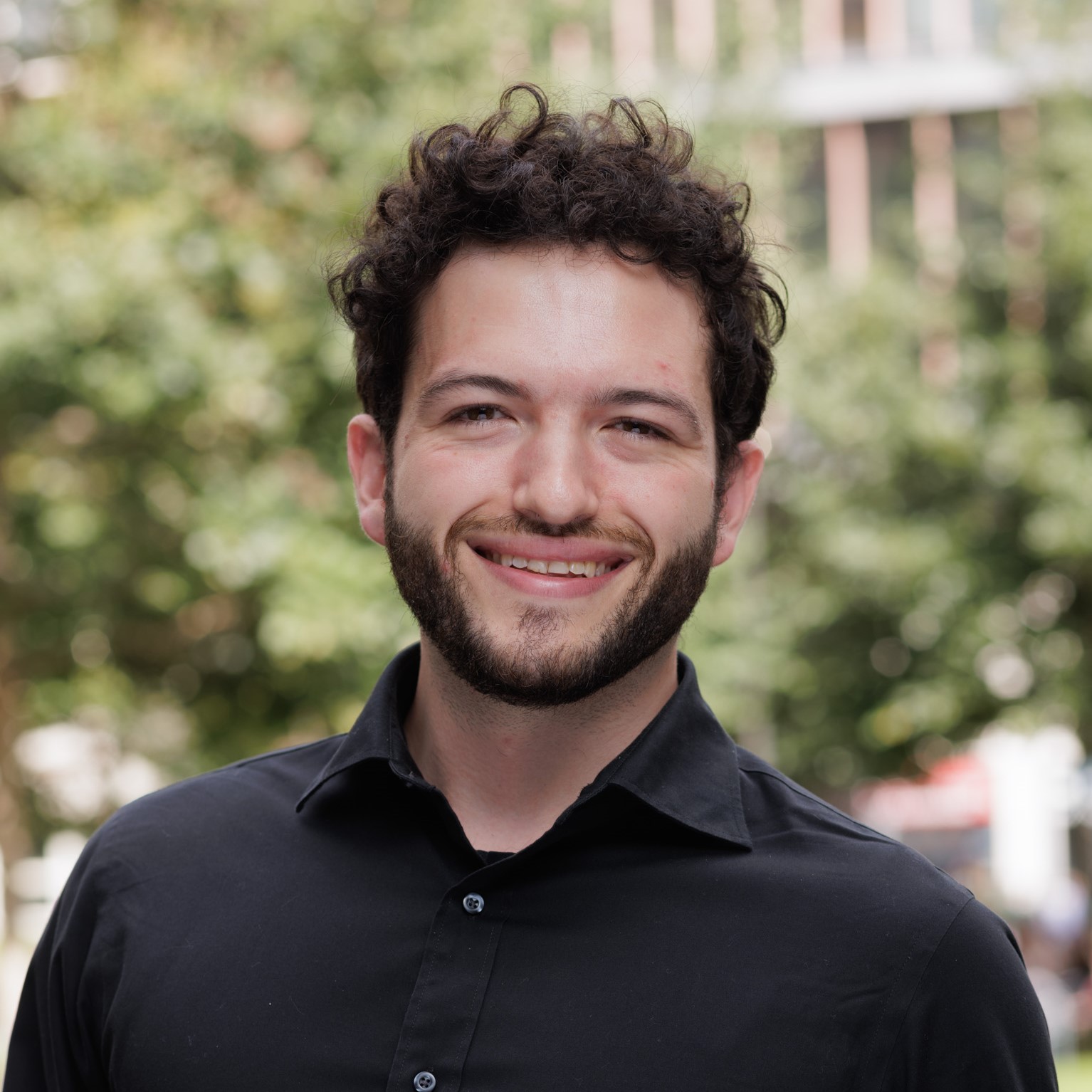 Marcos Barrozo
Marcos BarrozoMarcos Barrozo, a Brazil native and recent Harvard PhD in Public Policy, joins the Economics Department as an Assistant Professor. Barrozo is an economist specializing in environmental economics, industrial organization, and international trade. He received his bachelor's degree in economics from Middlebury College in 2017, and his PhD in Public Policy from Harvard University is 2024.
Barrozo's research focuses on deforestation, its impact on climate change, and the role that commodity supply chains play in shaping where agricultural production takes place. He uses a combination of large datasets and economic models to study these supply chains, with a focus on the developing world. His research seeks to contribute to the ongoing debates on how to sustainably produce enough food while minimizing carbon emissions.
After earning your PhD, why did you decide to go into academia?
I have known for the last 10 years that I wanted to go into academia. I was a sophomore in college when I fell in love with economics and decided I wanted to pursue it both in research and teaching. It's amazing for me to see it come to fruition after dreaming about it for a decade.
Tell us about your current research.
My most recent work focuses on the cattle industry in the Brazilian Amazon, the driver of 90% of deforestation in the region. I study how different players (especially meatpackers) operate in the industry, how this leads to the immense amounts of carbon emissions it creates, and how policy can help us produce beef with as few emissions as possible. In general, I like to study how firms interact to create sector-level outcomes, and how these outcomes impact environmental issues and economic development.
How did you become interested in economics?
Two things got me interested in economics as a kid. First, I was born and raised in Brazil. The middle-class neighborhood I grew up in was right next to an extremely poor neighborhood where people lived in makeshift shacks and lacked food to eat. The question of why some have so much while others have so little has been with me since then and eventually led me to economics. Also, my grandfather was a truck driver, so I spent a lot of time as a kid hearing his travel stories from my father. I've always liked to think about economics from a spatial/geographic perspective, and I think much of it comes from those stories. Brazil changed a lot in its interior during the 20th century, and I really enjoyed learning about how those changes played out in my own family's history.
What are some things you enjoy doing in your free time?
I enjoy spending time with friends and loved ones, and I enjoy music. During graduate school, I lived in a house with 7 other people and played in a band that mixed elements of hardcore punk and bossa nova. I am taking a bit of a break from music now, but I still enjoy playing to myself at home.
What classes will you be teaching this year?
I will teach principles of microeconomics to undergraduate students and a course in industrial organization to graduate students.
Why should students major in economics?
You spend a very small fraction of your life as a college student, it's a really special time. Study what you feel called to, the questions that keep you up at night. A lot of the issues in our world today are economic in nature, from the most basic problems companies face to existential problems like climate change. Even if you don't end up working as an economist, economics gives you amazing tools to engage critically with the world - both in and out of the workplace.